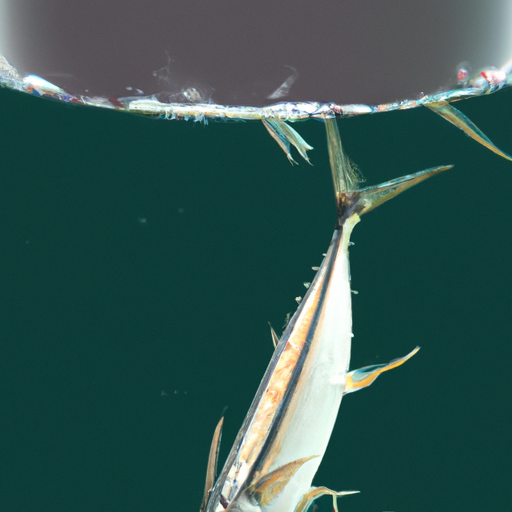-
Table of Contents
Marine Life Extinction

Marine life extinction refers to the complete disappearance of all forms of life in the oceans. This catastrophic event would have far-reaching consequences for the entire planet, affecting not only the marine ecosystem but also the global climate and human livelihoods.
If all marine life died, it would disrupt the delicate balance of the oceanic food chain. Many species of fish, whales, dolphins, and other marine mammals rely on smaller organisms like plankton for their survival. Without these primary producers, the entire food web would collapse, leading to the extinction of countless species.
Furthermore, marine life plays a crucial role in maintaining the health of coral reefs. Coral reefs are not only beautiful ecosystems but also serve as nurseries for many fish species. The loss of marine life would result in the degradation and eventual death of coral reefs, leading to the loss of biodiversity and the destruction of natural coastal barriers.
Oceanic Ecosystem Consequences
The extinction of marine life would have severe consequences for the entire oceanic ecosystem. One of the most significant impacts would be the disruption of the carbon cycle. Marine plants, such as algae and seagrasses, absorb carbon dioxide from the atmosphere through photosynthesis. Without these plants, the levels of carbon dioxide in the atmosphere would increase, exacerbating climate change.
In addition to the carbon cycle, marine life also plays a crucial role in regulating the temperature of the planet. The oceans act as a massive heat sink, absorbing and storing heat from the sun. Without marine life, the oceans would lose their ability to regulate temperature, leading to more extreme weather events and rising sea levels.
Furthermore, the extinction of marine life would result in the loss of valuable ecosystem services. Oceans provide us with a source of food, medicine, and recreation. The loss of these resources would have a significant impact on human societies, particularly those that rely heavily on fishing and tourism.
Sea Biodiversity Loss
The loss of marine life would result in a significant decline in sea biodiversity. The oceans are home to a vast array of species, many of which are still undiscovered. Each species plays a unique role in maintaining the balance of the ecosystem.
One of the most devastating consequences of sea biodiversity loss would be the loss of genetic diversity. Genetic diversity is essential for the adaptation and survival of species in changing environments. Without a diverse gene pool, species would be more susceptible to diseases, environmental changes, and other threats.
Additionally, the loss of marine biodiversity would have a negative impact on the economy. Many industries, such as pharmaceuticals and biotechnology, rely on marine organisms for the development of new drugs and materials. The loss of these resources would hinder scientific advancements and economic growth.
Conclusion
The extinction of marine life would have dire consequences for the planet. It would disrupt the oceanic food chain, leading to the extinction of countless species. The loss of marine life would also have severe impacts on the global climate, resulting in more extreme weather events and rising sea levels. Furthermore, the decline in sea biodiversity would have negative implications for human societies and the economy. It is crucial that we take immediate action to protect and preserve marine life to prevent such a catastrophic event from occurring.